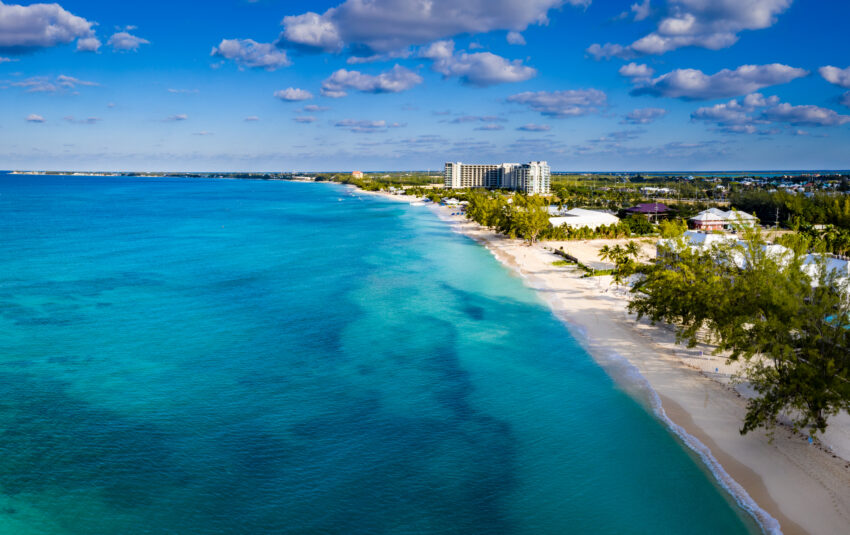Britain is monitoring hundreds of businesses that could be using havens offshore to lower their tax bills under a new system that requires authorities from the British Virgin Islands to the Caymans to share information.
A Freedom of Information request by Pinsent Masons, the law firm, to HM Revenue & Customs found that the taxman had received 429 records relating to 277 UK taxpayers in the year to March 16 under the Organisation for Economic Co-operation and Development’s “no or nominal tax jurisdiction” regime. It has been generating information to exchange since March last year.
The new OECD initiative is aimed at obtaining information from 12 low or no-tax areas including Guernsey, Jersey, Barbados and Bermuda to help countries such as Britain to identify businesses that have set up entities overseas and to gauge whether they might be avoiding tax.
Pinsent Masons said the FOI, which indicates how many records that the tax office had received, suggested that some British businesses might be making use of more than one haven.
Jake Landman, a partner at the law firm who focuses on tax disputes, said: “HMRC is pursuing businesses it suspects of using tax havens to pay less tax in the UK. This new data-sharing project means they can identify them much more easily.
“HMRC won’t allow businesses connected to the UK to simply channel funds to Jersey or the Caymans if they don’t have genuine operations there. HMRC has a real focus on worldwide profit-shifting and it will be looking for extra tax and penalties from businesses that use tax havens artificially.”
A spokesman for HMRC said: “We are receiving valuable information under the no or nominal tax jurisdiction project.”
The OECD, a group of 38 developed countries, said its new regime “ensures that mobile business income can no longer be parked in a low-tax jurisdiction without the core business functions being carried out from that jurisdiction”. It said it regularly passed information to the countries where the parent entities and beneficial owners of such businesses were tax-resident.


